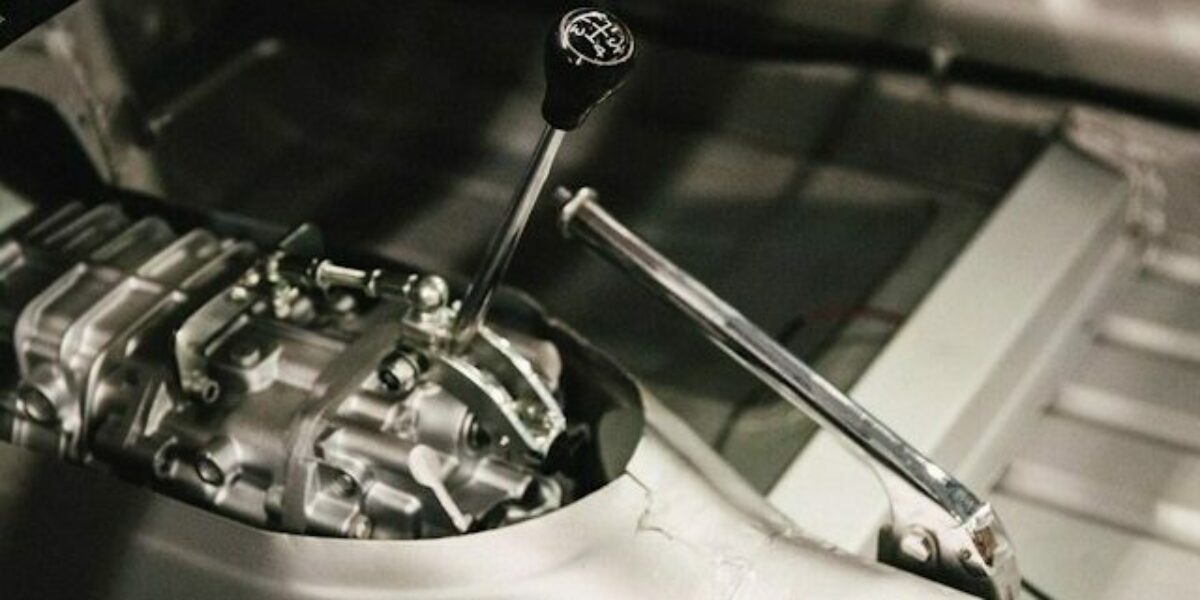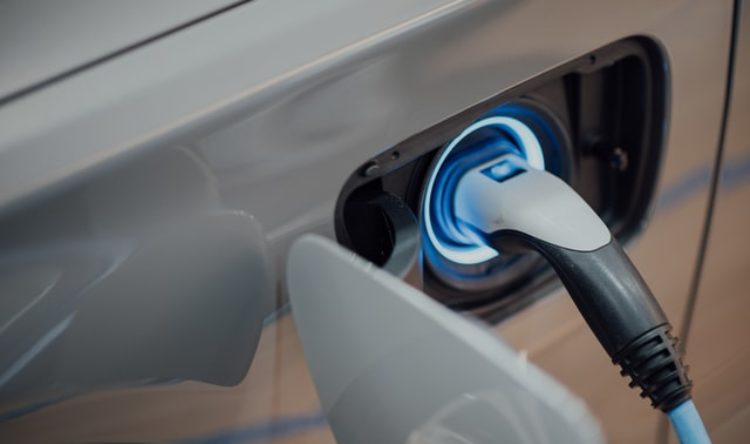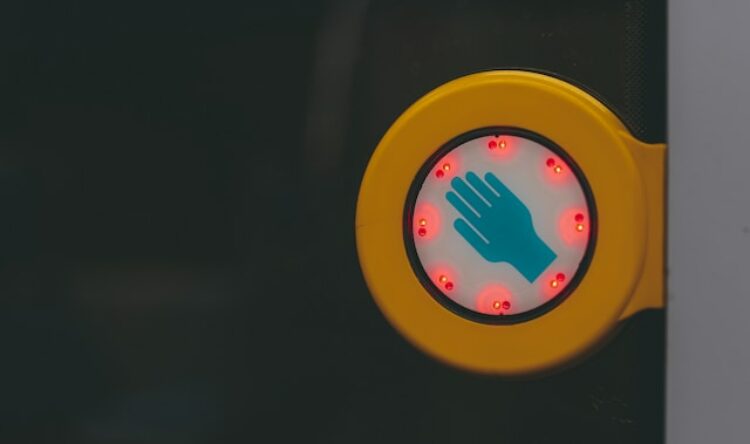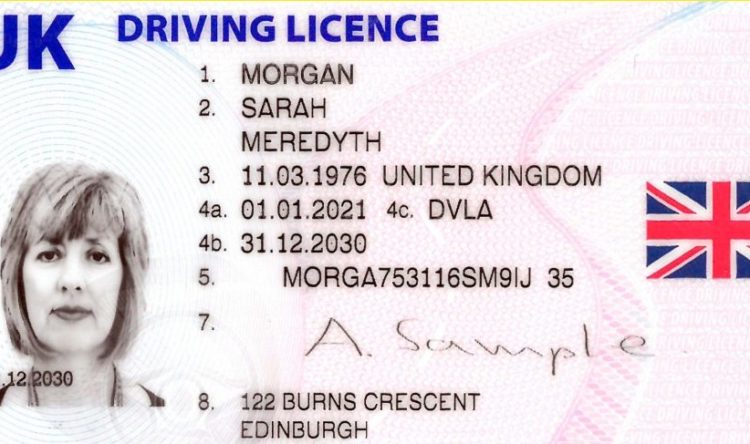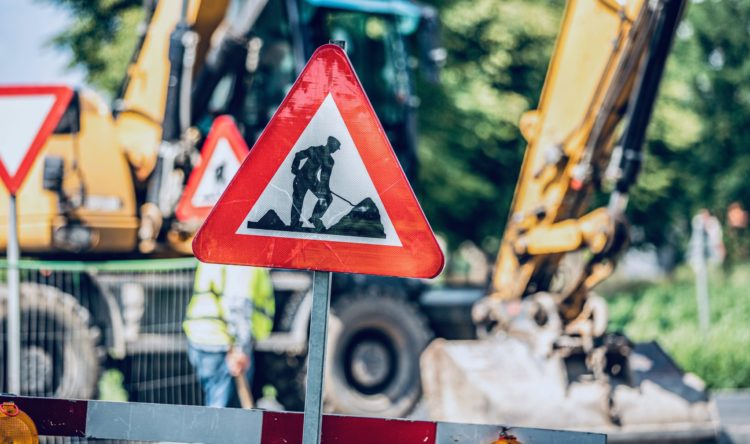Grinding the gears
Automatics threaten the manual control
The world of driving is changing quickly, and right before our very eyes.
For some time, experts have been telling us that young people are becoming less and less interested in learning to drive.
Then there is the arrival of modern technology, climate change and the digital world that delivers almost everything via a screen.
Up shift
While there is plenty of logic to back up such assertions, very few have yet proved to be the nail in the coffin in the drive to… learning to drive.
Whilst Covid certainly caused problems with driving test waiting times, it also revealed the level of demand for taking the test. It seems undiminished.
Yes, learning to drive does not have the same cache as when many of us more experienced drivers were seventeen. It’s does not hold the same ‘rites of passage’ kudos. But don’t doubt that is remains an important aspiration for most young people.
However, whilst screen technology may not have had quite the damming effect that many had prophesied, tech may still win out in the end.
Engage the clutch
The latest stepping stone on the road to that outcome is in the figures that reveal the manual gearbox is certainly facing the end of the road.
Insurers, Adrian Flux, have warned that learning to drive a manual car could become “obsolete” by 2040.
They reveal that automatic-only lessons have surged. It leads to the consideration that Gen Z could be the last generation to use traditional transmissions. And sales of new manual cars is also slipping.
It has led the insurer to predict that manual driving lessons could cease entirely by the end of the next decade.
Gen Beta (born 2025 – 2039) could potentially the first generation to learn exclusively in automatic cars.
High gears
Data from the DVLA has already shown a 270% surge in learners taking their tests in automatic cars since 2013 – there were 324,064 auto tests in 2023 alone
Over 324,000 did so in 2023 alone, while IAM Roadsmart found that 61% of young drivers were opting for auto-only tests. This is a significant increase when you consider an average of 1.7m annual practical tests were conducted over the last decade.
Based on this, and other factors such as the decline of manual vehicle sales, one of the UK’s largest specialist motor insurance brokers predicts that almost a million automatic driving tests (920,154) will be conducted in 2033, and tests in a manual could be obsolete by 2040.
This has been accompanied by a decline in sales for manual cars, with 62% of new cars sold being automatic, compared to just 24% in 2011.
Quick change
Research from the Society of Motor Manufacturers and Traders (SMMT), and published by carwow, shows that just 24% of new cars sold in 2011 were ordered with an automatic gearbox. A decade later that percentage has nearly tripled to 62%. As automatics become more prevalent, instructors are predicted to make the shift towards automatic-only driving lessons to follow demand. This presents a challenge for future generations who wish to learn to drive manual vehicles, and accelerates the trend towards automatic transmission becoming the sole choice for new drivers.
Whilst a huge development in auto gearboxes has taken pace over the last two decades, the rise in sales of electric vehicles is also speeding up the social change.
Gerry Bucke, General Manager at Adrian Flux, comments, “Whilst automatic cars become more popularised, it’s important to acknowledge that there will still be some demand for driving manuals.‘’
While the driving landscape is destined to transform, Adrian Flux remains confident that the enduring passion of classic car communities will prevail. This means thre will always be a place for learning the ‘manual’ skills.
Neutral
Classic cars will continue to be seen on our roads. Classic car experts believe driving instructors and the DVSA must continue to make manual learning options available to meet this demand. However, while at present you have to take a test in a manual to be licensed to drive one, this is bound to change. In most European countries, many take the test in an automatic and can easily upgrade their licence through having an appropriate lesson in a manual car with the professional driver trainer.
‘’We urge the government and DVSA to ensure that there is a future for the timeless classic cars through creating options for manual learning, even in an automatic landscape,” continues Bucke.
‘‘We want to ensure future learners have the opportunity”.
As autonomous vehicles fast approach the realities of the road, then learning to drive full-stop could be in question. But for now, learning to drive remains highly popular, whether in an automatic or a manual motor.
